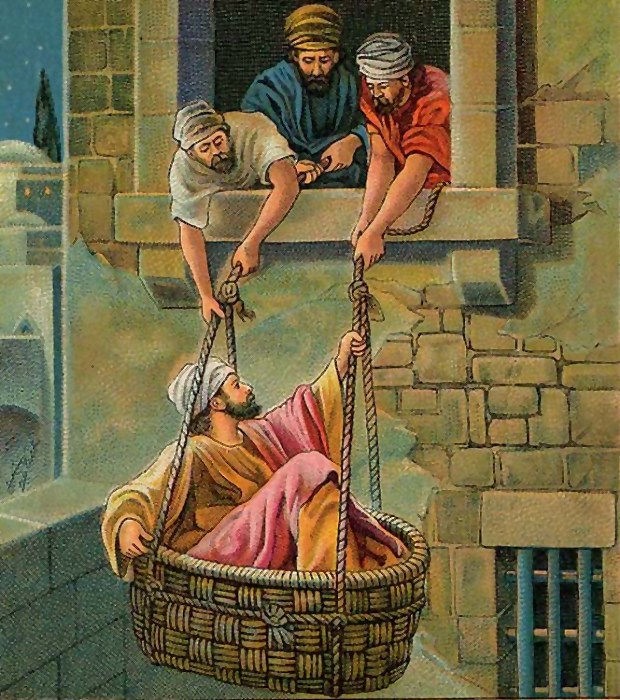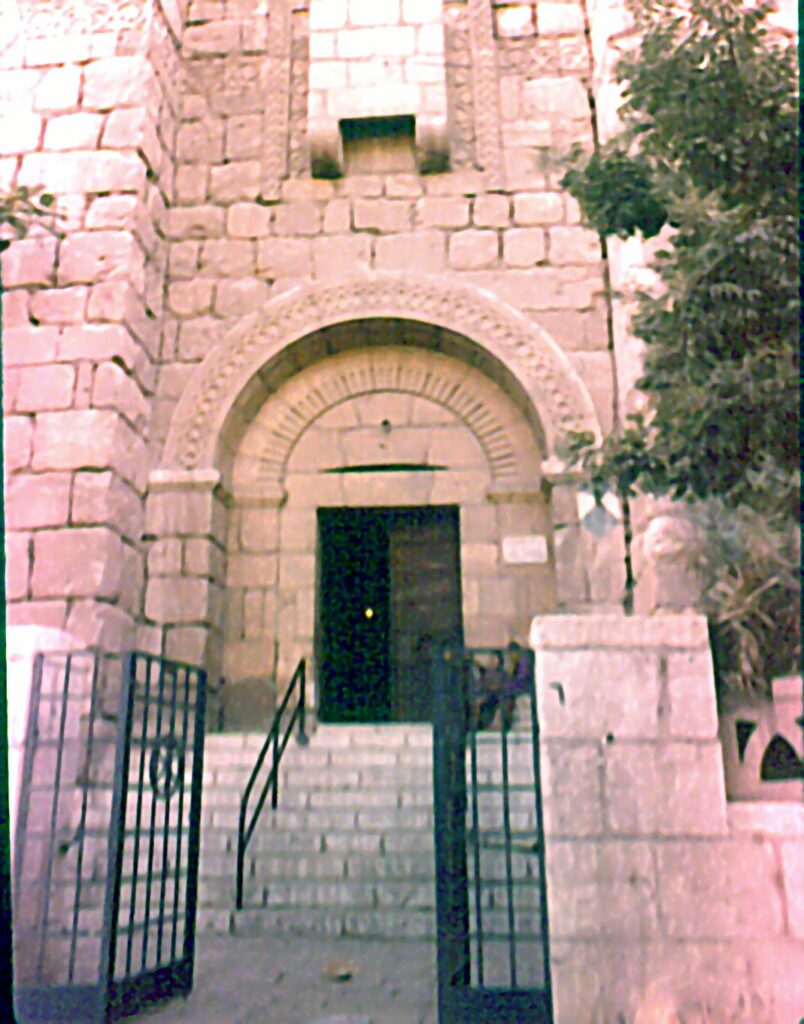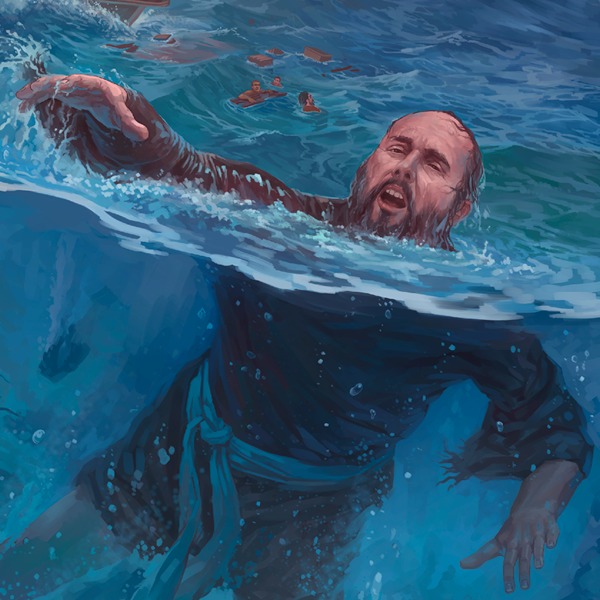To accompany your Come Follow Me study for September 18-24
In addition to reading the indicated chapters, you may wish to:
Read the applicable portions of the New Testament Institute Student Manual at:
See the following videos:
- Book of 2 Corinthians Summary: A Complete Animated Overview at Book of 2 Corinthians Summary: A Complete Animated Overview – YouTube
If you would like a Kahoot game related to this material which you could use for personal study or use with your family or your class, click here: https://create.kahoot.it/share/2-corinthians-8-13/a8533db1-94e0-4595-afbd-40ab11cb44da. (To use it with a group, after clicking on this link, you will need to log into Kahoot, creating a free account if you have not done so previously, then click on the blue “Start” button.)
Points to Ponder in 2 Corinthians 8-13
1. How could you reword 8:9 so that even a Primary child could understand it?
2. What principles can you extract from 8:12-15 and 9:6-7 that apply to how we are expected to share with the poor and needy?
3. What two major problems can you think of that can come from people “measuring themselves by themselves, and comparing themselves among themselves”? (10:12)
4. What do you think Paul means, in modern English, when he says, “He that glorieth, let him glory in the Lord”? (10:17)
5. Of what other unusual thing does Paul suggest in chapter 11 that he would be inclined to brag?
6. What does it mean to be “corrupted from the simplicity that is in Christ”? (11:3) How does it happen?
7. What do we learn about Satan’s power of deception in 11:14-15?
8. Which of the trials and tribulations Paul records in 2 Corinthians 11:23-28 are also recorded in Acts?
9. What does Paul say in 2 Corinthians 12 that helps us understand why he welcomed such challenges?
10. What do we know about Paul’s miraculous escape from the Damascus governor, who wanted to apprehend him? (2 Cor. 11:33.)
11. Why would Latter-day Saints have been especially excited about 2 Corinthians 12:2-4?
12. What do we learn from 12:2-5 about principles which should guide us when relating spiritual experiences?
13. What do you think may have been Paul’s “thorn in the flesh”? (12:7.) What does verse 9 remind you of in the Book of Mormon?
14. How many different applications can you point out of 13:1 in religious history and practice?
Possible Answers to Points to Ponder in 2 Corinthians 8-13
1. How could you reword 8:9 so that even a Primary child could understand it?
How about: “Before he was born, Jesus was the richest person who ever lived, since He created everything and owned everything. But he came to earth as one of the poorest people ever to live on the earth and suffered the worst pain anyone has ever suffered, so that someday we could be forgiven for our sins and be as rich as He is now.”
2. What principles can you extract from 8:12-15 and 9:6-7 that apply to how we are expected to share with the poor and needy?
Endowed Latter-day Saints have covenanted to obey the law of consecration now, not simply to wait for some supposed future commandment on the subject. This includes:
- 8:12 and 9:7: Having a “willing mind,” being a “cheerful giver,” ready to share one’s time, talents, and financial resources, whether great or small, with others.
- 8:14-15: The goal is that we have equality among us, being willing to give to others when they have less than we do and being willing to receive when we have less than others.
- 9:6: Our harvest of spiritual blessings may be proportionate to our willingness to share our material blessings.
3. What two major problems can you think of that can come from people “measuring themselves by themselves, and comparing themselves among themselves”? (10:12)
- First, when we compare ourselves with others, we can set ourselves up for contention, pride, and/or feelings of inferiority.
- Secondly, if we use others as our standard of excellence, rather than God’s standard of righteousness, we are likely to become complacent with mediocrity.
4. What do you think Paul means, in modern English, when he says, “He that glorieth, let him glory in the Lord”? (10:17)
I like the New Living Translation: “If you want to boast, boast only about the Lord.”
5. Of what other unusual thing does Paul suggest in chapter 11 that he would be inclined to brag?
In verse 30 he says, in essence, “If I must boast, I would rather boast about the things that show how weak I am.” (New Living Translation)
6. What does it mean to be “corrupted from the simplicity that is in Christ”? (11:3) How does it happen?
The gospel is really so simple that an eight year old child can and should understand it well enough to decide to accept it or not: Jesus suffered and died for us, if we’ll have faith (trust) in him and follow His commandments, repent of our sins, promise through baptism to continue following Him, receive and live by the Holy Ghost, and continue faithful to the end of our lives. But sometimes proud people like to make it seem complicated, perhaps so that others will look up to them as authorities on the subject.
7. What do we learn about Satan’s power of deception in 11:14-15?
Evidently Satan can literally appear as though he were an angel of light (2 Nephi 9:9; D&C 128:22; 129:8). But more often he simply makes sin appear appealing, conflating lust with love, skepticism with open-mindedness, anger with righteous indignation, etc., until only those with the Spirit of the Lord can tell the difference.
8. Which of the trials and tribulations Paul records in 2 Corinthians 11:23-28 are also recorded in Acts?
Very few. Of his five whippings of 39 stripes each, only one is recorded in Acts. His being stoned is recorded there, but only one of his three shipwrecks is. We find no details other than in 2 Corinthians 11 about his encounters with robbers or his suffering from cold, exposure, hunger, and thirst. Though it is evident from Acts that Paul was an energetic missionary, it may not be as clear that his ministry lasted three decades and that he traveled some 10,000 miles, much of it on foot, preaching the gospel and strengthening the new converts. Truly, there is nothing to equal Paul’s missionary career in all of sacred literature.
9. What does Paul say in 2 Corinthians 12 that helps us understand why he welcomed such challenges?
In 2 Corinthians 12:10, he says, “I take pleasure in infirmities, in reproaches, in necessities, in persecutions, in distresses for Christ’s sake: for when I am weak, then am I strong.”
10. What do we know about Paul’s miraculous escape from the Damascus governor, who wanted to apprehend him? (2 Cor. 11:33.)
We have no details other than what Paul tells us in 2 Cor. 11:33. Presumably it would have looked something like this artist’s depiction:

A local guide in Damascus in 1977 suggested to us that the window shown above the door in the following photo was the actual place it happened. Who knows?

11. Why would Latter-day Saints have been especially excited about 2 Corinthians 12:2-4?
The allusion to a “third heaven” fits better with the Latter-day Saint concept of three degrees of glory than it does with any other Christian theology of the afterlife. Joseph Smith taught that it was Paul himself who was thus “caught up.” He said:
“Paul ascended into the third heavens and he could understand the three principal rounds of Jacob’s ladder—the telestial, the terrestrial, and the celestial glories or kingdoms, where Paul saw and heard things which were not lawful for him to utter. I could explain a hundred fold more than I ever have of the glories of the kingdoms manifested to me in the vision were I permitted and were the people prepared to receive them.”
12. What do we learn from 12:2-5 about principles which should guide us when relating spiritual experiences?
Paul makes clear that there are certain things so sacred that “it is not lawful for a man to utter” the details. Alma elaborates on the same principle in Alma 12:9, saying: “It is given unto many to know the mysteries of God; nevertheless they are laid under a strict command that they shall not impart only according to the portion of his word which he doth grant unto the children of men, according to the heed and diligence which they give unto him.”
13. What do you think may have been Paul’s “thorn in the flesh”? (12:7.) What does verse 9 remind you of in the Book of Mormon?
A search in Bing’s artificial intelligence app produces the following:
“The exact nature of Paul’s thorn in the flesh is not revealed in the Bible. However, many theories exist among scholars and commentators. Some of them are:
- A physical sickness or disability, such as malaria, epilepsy, eye disease, or speech impediment
- A fleshly temptation or sin that he struggled with
- Singleness or loneliness
- Persecution or opposition from enemies of the gospel
- A false apostle or teacher who troubled him and his churches
“Whatever it was, Paul said that it was a messenger of Satan to harass him and keep him from becoming conceited because of his visions and revelations from God. He also said that he pleaded with God three times to remove it, but God said to him: “My grace is sufficient for you, for my power is made perfect in weakness.” (2 Corinthians 12:9) Therefore, Paul learned to boast in his weaknesses and rely on God’s strength.”
Verse 9 sounds a bit like Ether 12:36-37, where Moroni prayed to the Lord that he would give the Gentiles grace, that they might have charity, and the Lord responded: “If they have not charity it mattereth not unto thee, thou hast been faithful; wherefore, thy garments shall be made clean,” etc. It also resembles Ether 12:27, where the Lord said, “I give unto men weakness that they may be humble; and my grace is sufficient for all men that humble themselves before me; for if they humble themselves before me, and have faith in me, then will I make weak things become strong unto them.”
14. How many different applications can you point out of 13:1 in religious history and practice?
They would include:
- Four separate Gospel writers testified of the life and ministry of Jesus Christ.
- Jesus provided multiple witnesses of His resurrection.
- The Book of Mormon becomes a second witness of the truths of the Bible.
- The existence of the Book of Mormon plates was attested by eleven witnesses besides Joseph Smith, and three testified to have seen the angel who produced them and heard the voice of God vouch for the truthfulness of the translation.
- Oliver Cowdery, along with Joseph Smith, testified of the restoration of both the Aaronic and Melchizedek priesthoods by angelic messengers.
- Sidney Rigdon, along with Joseph Smith, testified of having seen the vision of the three degrees of glory.
- Baptism and sealing ordinances in The Church of Jesus Christ of Latter-day Saints are witnessed by two witnesses in each case.
